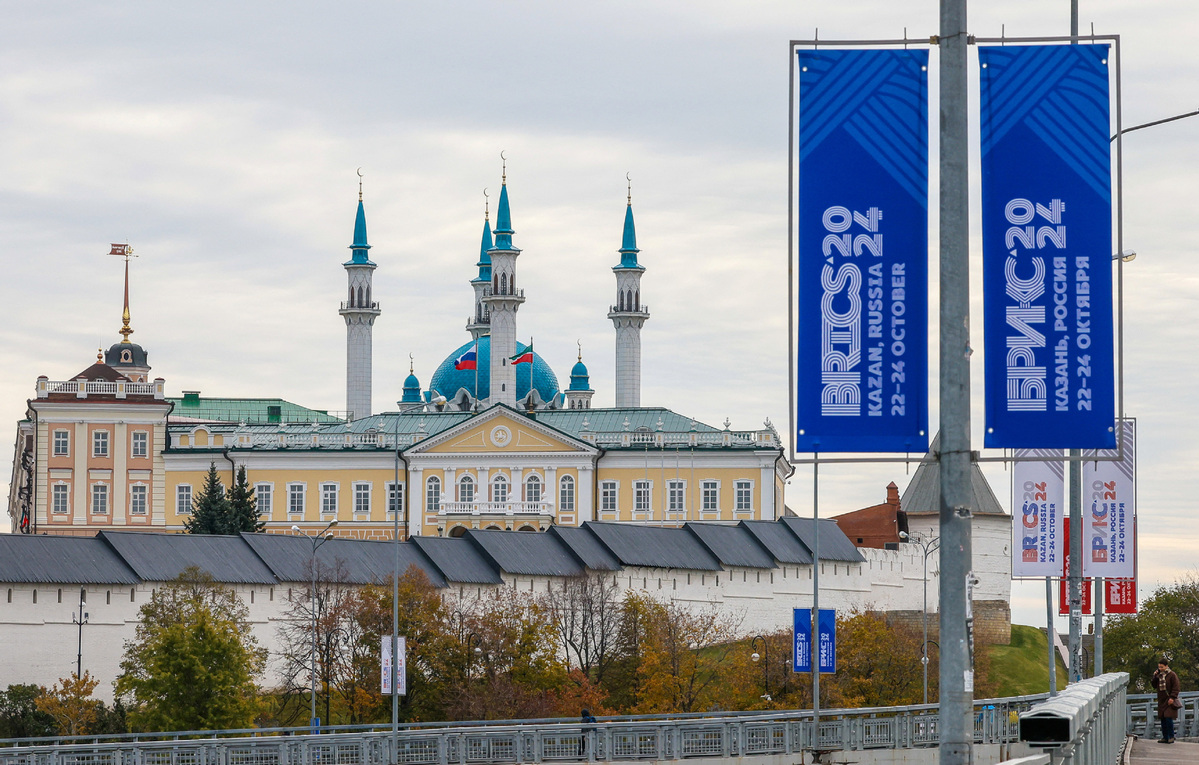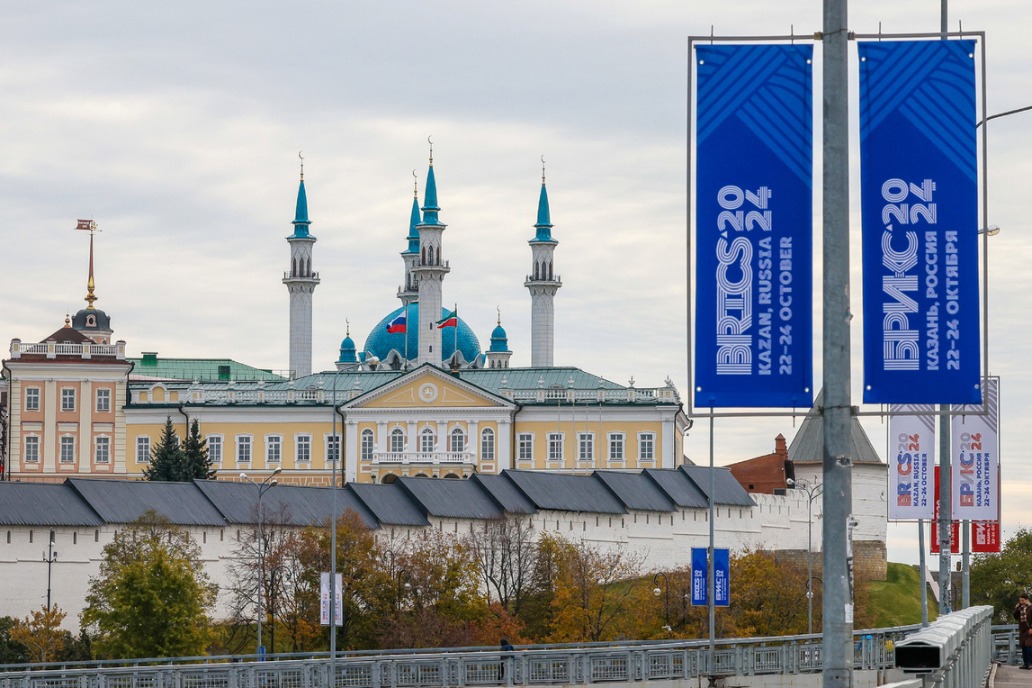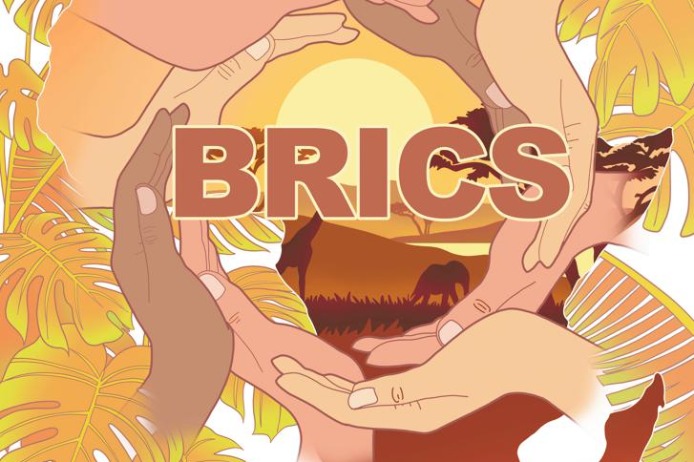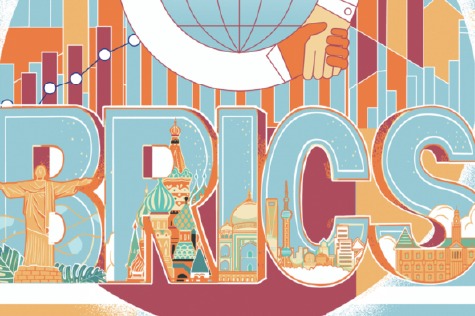BRICS creates new opportunities for Africa


At the ongoing BRICS Summit in Kazan, Russia, the leaders of BRICS member states are focusing on strengthening strategic partnerships and enhancing the grouping's role in international affairs.
BRICS has a multi-tiered framework of pragmatic cooperation in fields such as economy and trade, finance, technology, agriculture, culture, education, health, and so on. It has become a constructive force in promoting global economic growth, enhancing global governance, and advancing the democratization of international relations.
The grouping also has to strengthen the roles of its member states in the global monetary and financial system, deepen interbank cooperation, facilitate the transformation of the global settlement system and expand the use of national currencies of BRICS member states to settle payments.
The BRICS summit is becoming increasingly important for the countries of the Global South, because the grouping is no longer just a platform for economic cooperation, but has become an effective and important means for the Global South to build a safer and fairer world.
Some powers and their allies have monopolized the control of international organizations and institutions that were established after the end of World War II to realize global stability and development for all. But the whole world has realized that those countries do not abide by international or humanitarian law, or adhere to the United Nations Charter or UN agencies' rules.
By controlling their wealth and movement of their trade, and by printing copious amounts of monetary dominance, some developed powers have also drowned the countries of the Global South in debt for decades without giving them the opportunity — by triggering wars and political upheaval — to develop their economies.
According to the World Bank Group's estimates, Africa's total external debt reached $1.15 trillion in 2023, compared with $1.12 trillion in 2022, with some estimates suggesting the debt could reach $2 trillion by the end of this year.
This means Africa's debt challenge will continue in the near future, especially because global interest rates have reached the highest level in 40 years. Also, African countries have suffered due to declining export revenues since commodity prices began falling in 2015, with the COVID-19 pandemic further worsening the situation.
The fall in commodity prices has reduced the foreign exchange earnings of the Global South countries, which need them to service their loans. Many countries have taken out new loans to pay off old debts, putting them in a debt spiral that prevents them from investing in infrastructure, healthcare systems and education. In fact, the World Bank said last year that 22 countries were at risk of "over-indebtedness". African countries alone will have to pay $163 billion in debt service in 2024, a sharp increase from $61 billion in 2010.
About 80 percent of these debts are to international institutions including the World Bank and the IMF. China, too, has given loans to the African countries to boost their infrastructure development. But China accounts for only about 11 percent of African countries' total loans, which fortunately are all investment projects that promote Africa's economic growth.
As for the five countries that formally participated in BRICS cooperation on Jan 1, they have outstanding financial capability and development potential. For example, the United Arab Emirates has the capability and means to finance and invest in major projects, and Egypt is a large country occupying a strategic location with expertise in the field of agriculture and communications.
BRICS now accounts for 37 percent of global GDP, 46 percent of the world population, about 40 percent of global oil production, and 25 percent of global exports. By becoming BRICS members or partnering BRICS, African countries can create a lot of opportunities for themselves and thus further boost the growth of their economies despite the many challenges.
The author is a researcher in economics at the Egyptian Ministry of Foreign Trade and Industry. The views don't necessarily reflect those of China Daily.
If you have a specific expertise, or would like to share your thought about our stories, then send us your writings at opinion@chinadaily.com.cn, and comment@chinadaily.com.cn.
































